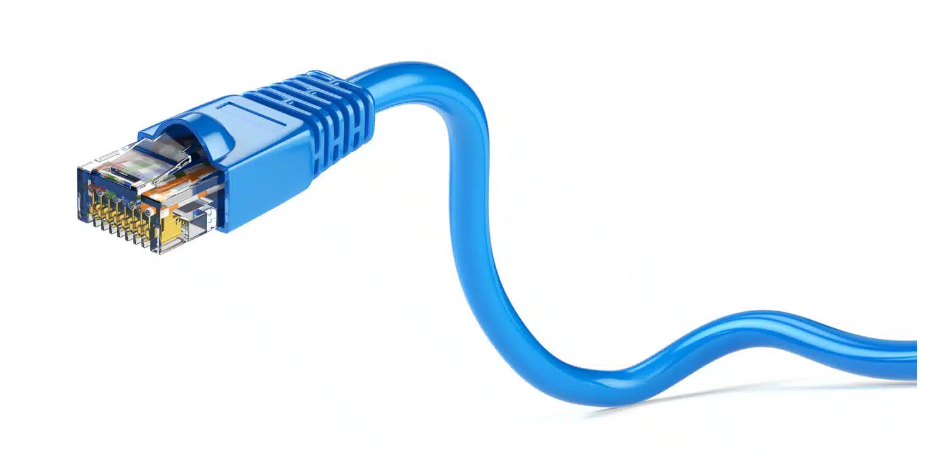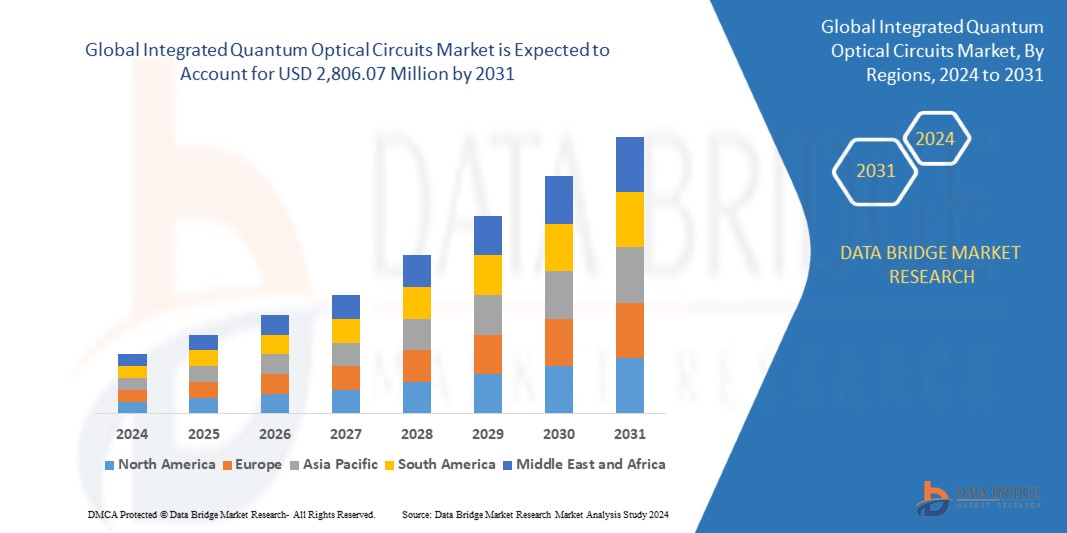In recent years, the field of neurodiagnostics has experienced remarkable advancements, enabling more precise, effective, and personalized treatments for neurological disorders. One of the key players driving this transformation is Neuromatch, a cutting-edge platform that is redefining neurodiagnostic technology. Neuromatch is making waves in both research and clinical applications, reshaping how healthcare professionals and researchers understand and treat brain-related conditions.
This article explores how Neuromatch is revolutionizing neurodiagnostic technology for precision care, how it integrates with the growing need for innovative solutions, and its role in improving neurological outcomes.
Understanding Neurodiagnostic Technology
Neurodiagnostic technology refers to a range of medical tools, tests, and procedures that monitor and evaluate brain function. This technology is essential in diagnosing conditions like epilepsy, sleep disorders, brain injuries, and neurodegenerative diseases such as Alzheimer’s and Parkinson’s. These tools include EEG (electroencephalograms), MEG (magnetoencephalograms), MRI (magnetic resonance imaging), and CT scans, which provide detailed insights into brain activity and structure.
While these technologies have been effective, they face limitations in terms of scalability, real-time analysis, and personalized care. Traditional neurodiagnostic approaches often rely on static snapshots of brain function, making it difficult to capture the brain’s dynamic and ever-changing nature. Furthermore, data analysis in neurodiagnostic technologies often involves time-consuming and manual processes, limiting the speed and accuracy of diagnoses.
This is where Neuromatch steps in to offer significant improvements.
What is Neuromatch?
Neuromatch is an innovative platform that integrates artificial intelligence (AI) and neuroscience to enhance neurodiagnostic capabilities. Founded by a group of neuroscientists and AI experts, Neuromatch’s primary aim is to provide open-access tools, workshops, and events to support the global neuroscience community. It has grown into an essential platform for brain researchers and healthcare providers looking to leverage AI to revolutionize neurodiagnostics.
Neuromatch’s key feature is its ability to analyze and model brain data in real time, enabling healthcare providers and researchers to make more informed decisions. It combines machine learning algorithms with large-scale datasets to identify patterns and biomarkers that are often invisible to the human eye. This powerful combination allows for faster, more accurate diagnoses, improved treatment plans, and better overall patient outcomes.
How Neuromatch is Redefining Neurodiagnostic Technology
1. Enhanced Data Processing and Analysis
Neuromatch leverages AI to analyze vast amounts of data quickly and accurately. One of the major challenges in neurodiagnostics is the sheer volume of data generated by EEGs, MRIs, and other neuroimaging techniques. Traditional methods can be slow and prone to human error, which delays diagnosis and treatment. Neuromatch’s AI-driven algorithms can process this data much faster, uncovering hidden patterns and insights that would otherwise go unnoticed.
For example, when diagnosing epilepsy, doctors rely on EEG data to identify irregular brain activity. Neuromatch’s AI algorithms can not only process EEG data faster but can also predict seizure patterns with higher accuracy. This results in more timely interventions and better management of epilepsy patients.
2. Real-Time Monitoring and Feedback
One of the game-changing aspects of Neuromatch is its ability to provide real-time feedback on brain function. In neurodiagnostics, time is often critical. Neuromatch enables continuous monitoring of brain activity, which is particularly valuable for patients with conditions that require constant tracking, such as epilepsy or traumatic brain injury.
Real-time monitoring also allows for immediate adjustments to treatment plans. For instance, in brain surgery, having real-time feedback on neural activity can guide surgeons in making precise decisions, reducing the risk of complications and improving surgical outcomes.
3. Personalized and Precision Care
Neuromatch is at the forefront of personalized medicine in neurodiagnostics. The platform uses machine learning to analyze patient-specific data, allowing for tailored treatment plans. Each brain is unique, and Neuromatch recognizes this by leveraging its AI models to cater to individual neural signatures.
In the context of neurodegenerative diseases like Parkinson’s or Alzheimer’s, early detection and personalized treatment are crucial for slowing disease progression. Neuromatch’s algorithms can detect subtle changes in brain activity long before symptoms become noticeable, allowing for early intervention. Additionally, the platform can suggest treatment modifications based on a patient’s unique brain activity patterns, offering more precise care.
4. Collaborative and Open Science
Another unique aspect of Neuromatch is its commitment to open science and collaboration. The platform provides free access to cutting-edge tools and resources, enabling neuroscientists and clinicians from around the world to contribute to and benefit from its advancements. Through online courses, conferences, and research collaborations, Neuromatch fosters a global community of experts dedicated to advancing neurodiagnostic technology.
This collaborative spirit ensures that discoveries made within the Neuromatch ecosystem are shared widely and applied to clinical settings, accelerating the pace of innovation. Moreover, it creates a feedback loop where real-world clinical insights inform ongoing research and development, continuously refining neurodiagnostic tools for precision care.
5. Advancing Neurotechnology through AI and Machine Learning
Neuromatch’s success lies in its seamless integration of AI and machine learning into neurodiagnostic processes. AI is transforming neurodiagnostics by automating processes that previously required manual input. This reduces the chances of human error, speeds up diagnoses, and allows healthcare professionals to focus on developing and implementing treatment strategies.
Machine learning algorithms, which are central to Neuromatch’s platform, can learn from each patient’s data and predict outcomes based on similar cases. This predictive capability has immense potential for neurodiagnostics, especially in treating chronic and progressive neurological conditions.
For example, in the diagnosis and treatment of neurodevelopmental disorders such as autism, Neuromatch’s AI tools can analyze data from brain imaging studies to identify key biomarkers that correlate with specific behaviors or cognitive deficits. This enables earlier, more accurate diagnoses and the development of individualized treatment plans, improving long-term outcomes for patients.
The Future of Neurodiagnostic Technology with Neuromatch
As Neuromatch continues to evolve, its potential to revolutionize neurodiagnostic technology becomes increasingly apparent. The platform’s real-time analysis, AI-driven insights, and personalized approach represent a significant leap forward in the field of neurology.
Looking ahead, Neuromatch is likely to expand its influence across a broader range of neurological disorders, from acute conditions like stroke and traumatic brain injuries to chronic neurodegenerative diseases. Its growing database of neural data, combined with advancements in AI and machine learning, will further enhance its ability to deliver precise, real-time diagnoses and treatments.
Moreover, as the global neuroscience community continues to collaborate and innovate through Neuromatch, we can expect new breakthroughs in neurodiagnostic technology that will further improve patient care and outcomes. Neuromatch’s commitment to open science and shared knowledge will ensure that these advancements are accessible to all, democratizing neurodiagnostic technology and fostering a more equitable healthcare landscape.
Conclusion
Neuromatch is reshaping the landscape of neurodiagnostic technology by integrating artificial intelligence and real-time analysis to deliver more precise, personalized care. Its ability to process vast amounts of data, provide real-time feedback, and offer personalized treatment plans has the potential to revolutionize the diagnosis and management of neurological disorders. As we move toward a future of precision medicine, platforms like Neuromatch will be instrumental in ensuring that patients receive the most effective, tailored treatments based on their unique brain activity.
By fostering global collaboration and advancing neurotechnology, Neuromatch is not only enhancing neurodiagnostic capabilities but also setting the stage for a new era of precision care in neurology.




